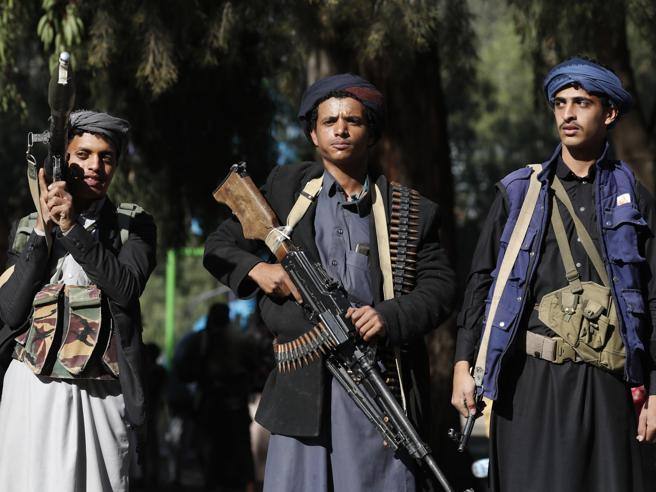The United States and Iran are trying to reaffirm rules of engagement, to duel without directly hitting each other, avoiding an escalation. A risk that is always present in the Middle East regardless of the initial intentions. The US airstrikes targeted installations of allied factions of Tehran in Syrian and Iraqi territory, as well as those of the Qods Division, the apparatus of the Revolutionary Guards that holds together various organizations and assists them. According to the Central Command, the targets, for now, have been 85.
Earlier reports suggested a prolonged mission on multiple levels involving the military apparatus in the region, with additional aircraft including B1 bombers and aircraft for aerial refueling joining the deployment. Movements tracked by those who monitor these activities on the internet and therefore “visible”. According to CNN, the Iranian leadership would be “nervous” about the initiatives of the factions, a report that implies a lack of tight control over the group’s leaders, thus removing responsibility from the ayatollahs. An explanation met with skepticism by some commentators: Washington – they argue – has warned the opponent, has allowed senior Pasdaran officials to leave the operating areas to return home, and many militia members have taken shelter.
Joe Biden intends to act within certain limits and tries to stifle another “fire”. President Raisi said on Friday morning, “We will not start a war, but we will react if attacked.” A usual position, a line to stand against the United States but also a way to confine the arena. The armed movements financed by the mullahs, assisted by the Revolutionary Guards, are acceptable targets.
Furthermore, a clash with the US becomes a medal, inflates propaganda, and increases prestige. The militiamen serve Iran to strike but also to “offer” secondary targets to their opponents. They have depots, bunkers, missile batteries well known to Western and Israeli intelligence. With one difference.
Jerusalem – as it has done today in Damascus – conducts its own campaign, hunting down Iranian military commanders sent to the region. They daily conduct raids in the Red Sea, using drones, missiles, and, in the last few hours, a radio-controlled boat filled with explosives. A tactic similar to that of the Ukrainians in the Black Sea. Several experts on the Yemeni issue are convinced that the Shiite movement has greater autonomy or at least pursues a strategy of continuous struggle as they believe they will benefit from it.
The fighters, with their moves along the trade route, have become the most “popular” component of the Resistance Axis but also the one with the greatest capacity to impact.
